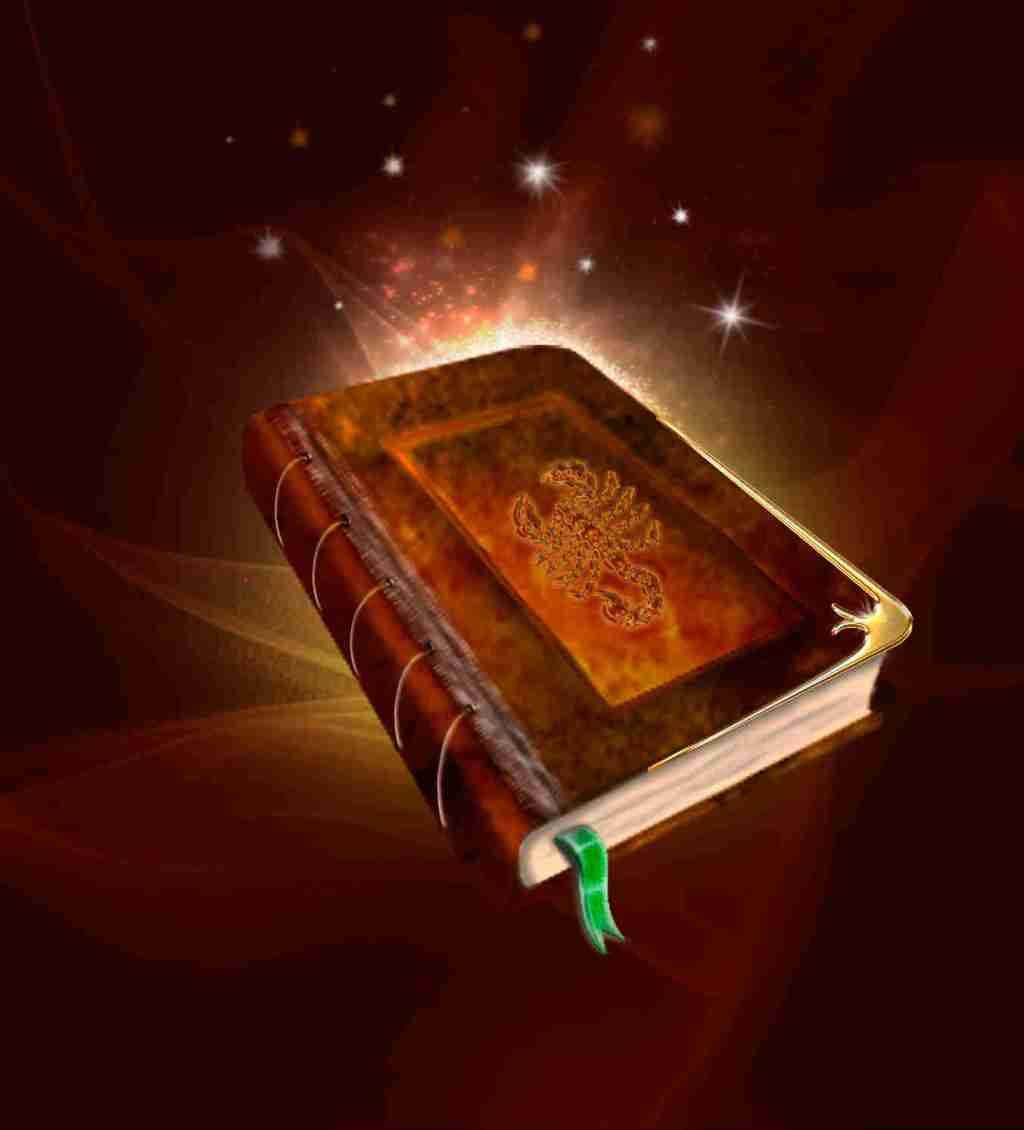The Trouble With Fantasy…

I love fantasy. I love writing it, I love reading it. I have a lot of heroes – Roger Zelazny obviously taking the crown, but Terry Pratchett, Anne McCaffrey, Neil Gaiman, Greg Bear, Iain M.Banks, Alfred Bester and plenty of others, are all on my bookshelf to be adored.
But, make no mistake, there are certain things in fantasy that drive me mad, and when picking up a new books, one or two things will always set off a warning bell.
Beginning on the surface, men in hoods with glowing swords, or women wearing not very much but probably also carrying a glowing sword, maybe in a high wind, always sets alarm bells ringing in my mind. There’s nothing like a hood and a glowing sword to set the tone of epic quest combined with lingering evil, but okay, deep breath, every jacket designer has a bad day, moving on. Over to the blurb on the back, and again, there are certain things within fantasy that cause a little part of me to shiver inside. ‘An evil is rising in…’ as a first line has probably been used a few times in my own work, but it has become so ubiquitous in the modern age that I can’t help but wince when I see it. ‘He was just a blacksmith’s son, until one day raiders came and destroyed his home…’ again causes my teeth to grind, and finally, ‘Val’loeren, the elven mage…’ is an immediate turn-off. In fact, a surplus of apostrophes in fantasy always alarm me – fear the evil wizard B’ob, and his dread minion, Al’fred, for by their apostrophes you instantly know that not only is this a magic kingdom, but its once where you can be fairly confident necromancers wear black and princes have an ancient power running in their blood….
But okay, deep breath, moving swiftly on. Let’s flick to the first page of the book, and again, certain things set alarm bells ringing. Maps, for example – maps are double-edged tools in my mind, since on the one hand, an epic journey, particularly when the places are themselves weighed down with apostrophes, could be made a little easier by a map. Then again, if you need a map, surely something’s gone a bit wrong with the words? I dunno, the argument could swing either way. Moving past the map, and one of the absolute show-stoppers for me is encountering, horror of horrors, a prophecy on page one.
Again, a moment to consider why. Prophecies are incredibly useful narrative tools – in less than four lines you can clearly say that something is bad, something must change, and these are the things to look out for, thus saving a huge amount of expositional legwork. But then again, fantasy has a dubious history of prophecies declaring that not only is more evil rising, but that a humble lost prince must discover a magical sword with which he shall (or maybe shalt, I mean, let’s not be limited here…) sever the dark heart of an epic villain.
Epic villains, incidentally, are something of a theme of fantasy. And I love a good villain as much as the next girl, but I really like it if my villain has a motive. Why do the orcs want to sweep across your peaceful land, burning and rampaging? Whatever happened to sweeping across your land and instituting a viable economic policy based on years of careful sociological research? Why does the eternal darkness seek to snuff out the light? And does it really have to torture and maim in the process, has the eternal dark not studied up on the modern research into assimilation and co-operation with enslaved populaces? It just makes no sense! And villains, for all that they may be epicly evil, should make sense.
At the opposite end of the spectrum, there are a number of other clichés that haven’t just been embraced by the genre, they’ve mated, married and had a frightening number of teenage offspring. The ancient sagely wizard, ideally in a pointy hat and big beard, crops up a lot, despite the suspicion that pointy hats are just there to be blown off in high winds, and big beards would be a terrible fire hazard. The feisty princess – a huge improvement, it must be said, over the weedy in-need princess – not only emerges from her disguise half way through a large number of books, but will quite often seize a sword and reveal amazing ninja skills for someone raised in the art of needlework, usually while sparring wittily with the hero of the piece. Dwarves are grumpy, elves are vain, but at the end of the day, you live in hope that Good Will Triumph, or if it doesn’t, there’ll be a sequel out in 12 months time, maybe in hard cover, probably with an appendix.
Appendixes – do they enrichen a book by adding to the lore, or are they an admittance that no one, not even the author, can keep track of just where the apostrophes in the order of ancient Chippe’nha’m mages have fallen. The jury is out… but to my mind, it’s swinging towards a fairly resounding verdict…
For all this, I love fantasy. When it’s good, it’s staggering good – not just hugely exciting, but also capable of pushing characters and ideas to their absolute limit. There’s nothing like having to fight an epic darkness to raise the question of what is right; nothing like having to decide who must live and who must die to preserve the well-being of an entire kingdom to force the old thinking-cap on. Good fantasy pushes the imagination to its absolute limit, and there is a lot of good fantasy out there, and I love it.





